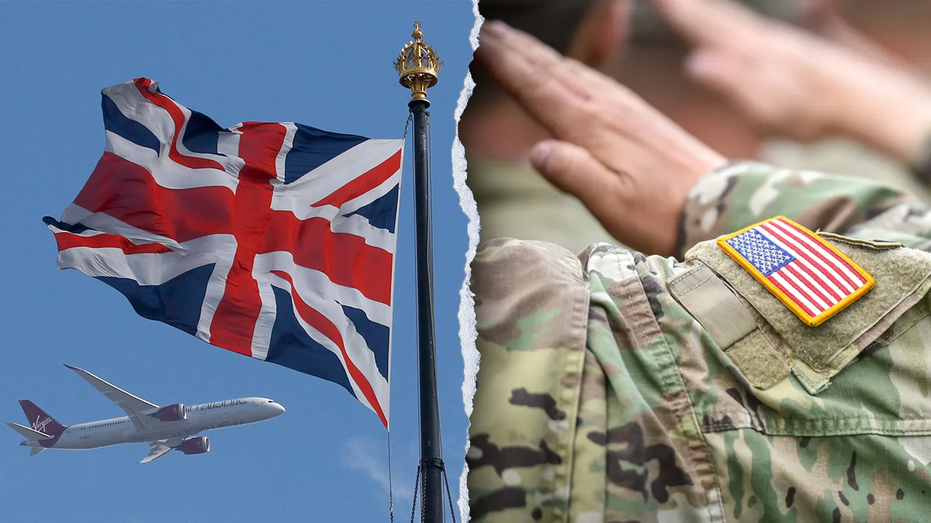Exclusive: New Bill Reinforces U.S.-UK Military Alliance on D-Day Anniversary
Rep. Mark Green introduces bill on D-Day anniversary to enhance US-UK military technology collaboration.

In a move timed to coincide with the 81st anniversary of D-Day, a new bill is being introduced in Congress that aims to deepen military cooperation and technology sharing between the United States and the United Kingdom.
The legislation, named the Special Relationship Military Improvement Act of 2025, is being championed by Rep. Mark Green, a Republican from Tennessee. According to Green, the bill is designed to reinforce the longstanding partnership between the U.S. and the U.K. by making it easier for both nations to collaborate on cutting-edge military technology. “In today’s uncertain world, strengthening ties with our closest allies through advanced technology sharing is crucial,” Green stated.
Green chose the anniversary of D-Day for the announcement, invoking the historic sacrifices made by Allied forces on June 6, 1944. “Our nation can never forget the sacrifice of thousands of Allied soldiers who lost their lives on D-Day and the invasion of Normandy,” he said. “The best way to commemorate this momentous day is to strengthen our partnership with the United Kingdom—and that’s exactly what this bill does.”
Currently, under the International Traffic in Arms Regulations (ITAR), U.S. advances in military technology are treated as exclusive property when sold to foreign governments. While Canada enjoys specific exemptions, the United Kingdom is not currently afforded similar privileges. Rep. Green’s proposed legislation seeks to amend the Arms Export Control Act to grant an ITAR exemption for the U.K., putting it on par with Canada.
Green has emphasized that the close working relationship between American and British armed forces justifies this change. “The U.S. and the U.K. work together in almost every aspect to share intelligence, fight terrorism globally, and ensure peace through our combined strength,” he explained. He labeled the current barriers to technology sharing with Britain “outdated,” arguing that removing these hurdles is “common sense.”
As a veteran and former commander in the 82nd Airborne Division—the same division that participated in the Normandy landings—Green remarked on the personal significance of D-Day. He recalled his own experience parachuting out of a vintage C-47 over Normandy last year to commemorate the 80th anniversary, alongside other veterans in Congress. “American and British soldiers have fought shoulder to shoulder for over 100 years. There are no better warriors to fight alongside the United States. Our friendship cannot be overstated,” Green added.
Green also pointed to historical moments of solidarity between the two nations, referencing British support after the September 11 attacks and their shared participation in Afghanistan. “We will never forget their friendship in our time of need,” he stated. As global threats continue to mount, Green argues that building on this legacy by facilitating the free exchange of military technologies is more essential than ever.
The bill now heads to the House for further consideration, where it is expected to spark debate about national security, international partnerships, and the evolving landscape of global military alliances.




